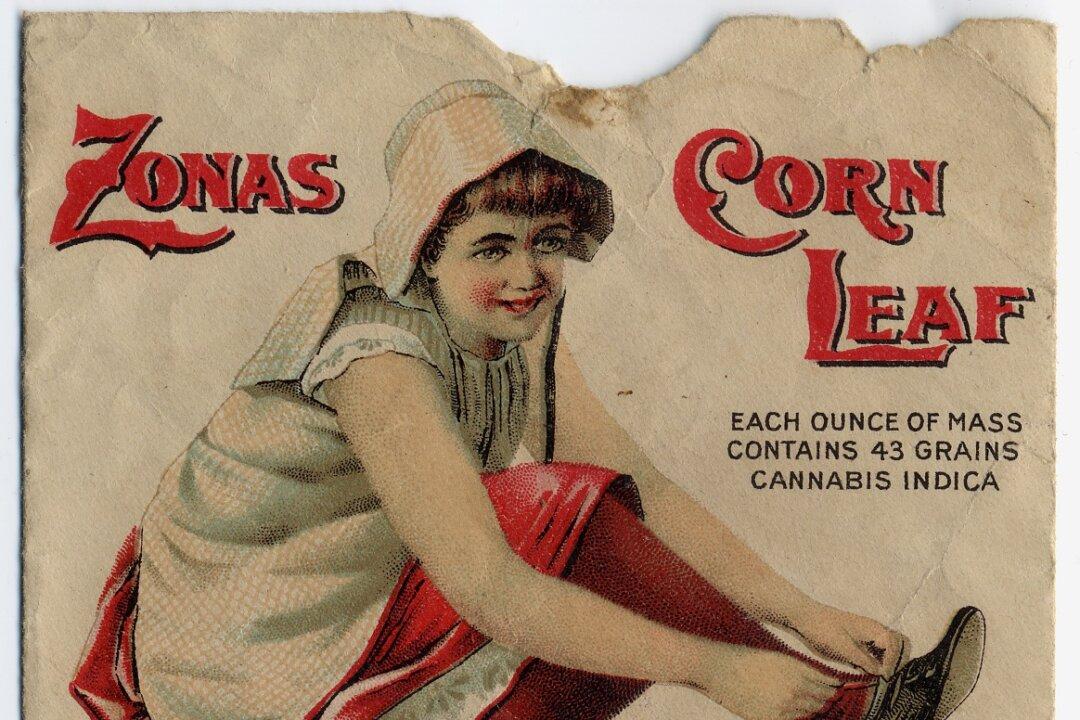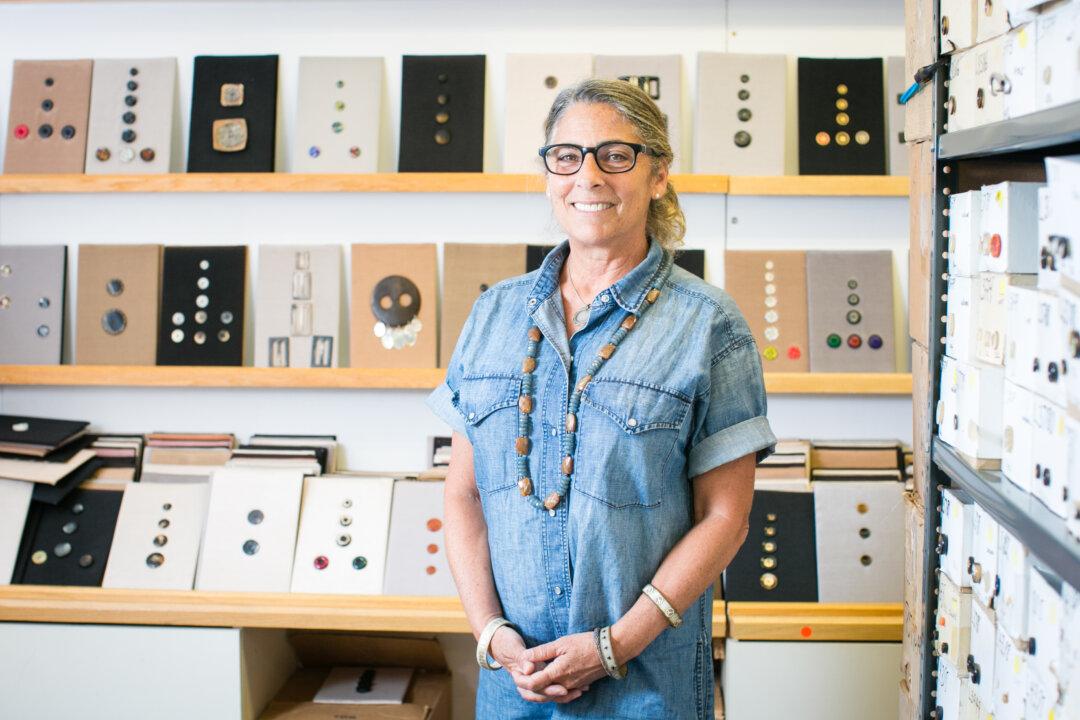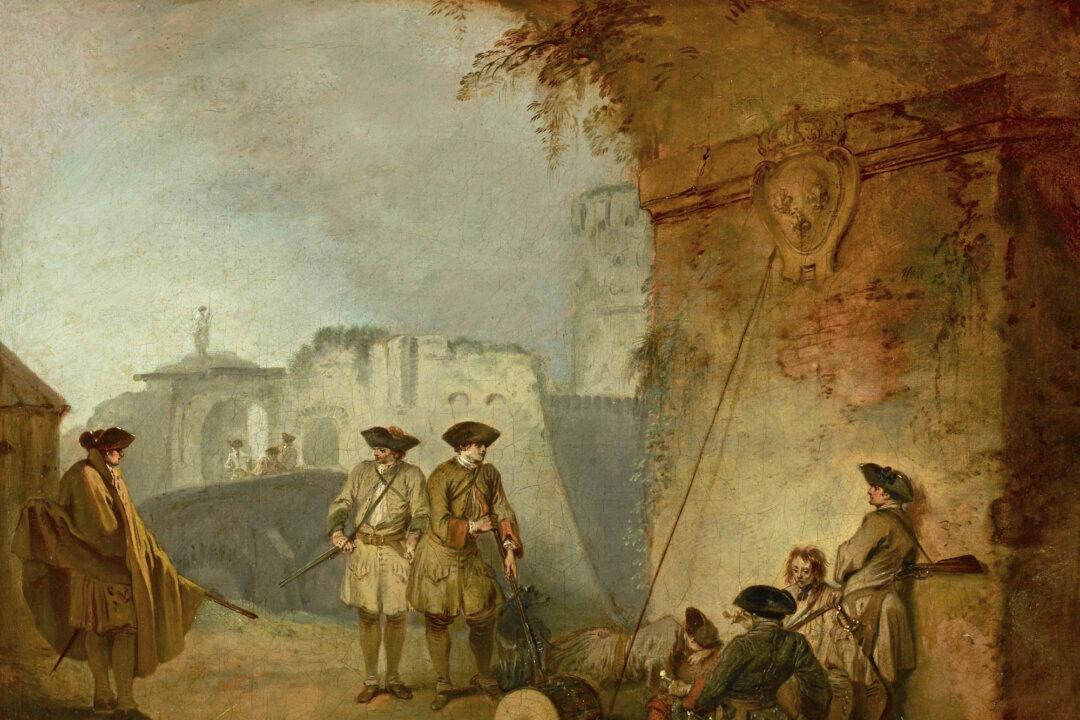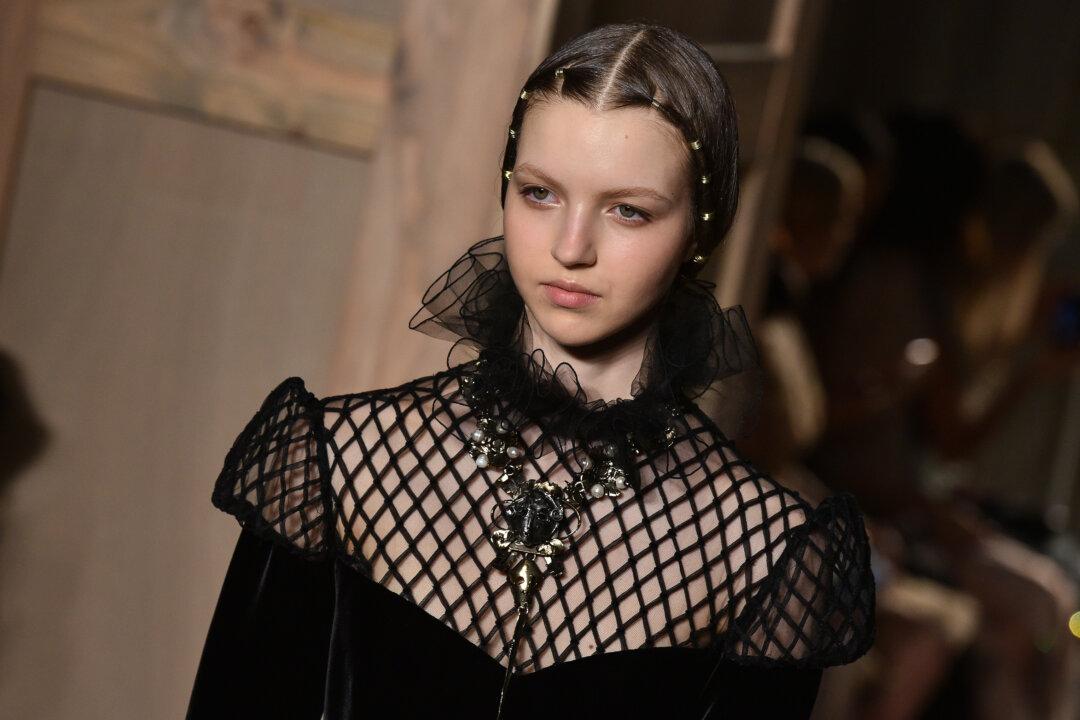For a long time, Patricia Gucci had wanted to tell the world about her father, Aldo Gucci—the man who brought the famous brand to America and paved the way for the “Made in Italy” phenomenon.
To this day the name Gucci resonates across the world as one of the top luxury brands. However, the Gucci family’s involvement in what started out as a small family business and later blossomed into an empire had a shaky beginning, climactic middle, and irremediable end.
“In the Name of Gucci: A Memoir,” which hit the shelves this week, is the first book written by a descendant of Guccio Gucci—the company’s founder, who was Patricia’s grandfather.
It's about my mother, and it's about me being part of this whirlwind of their life, and how I came about.




